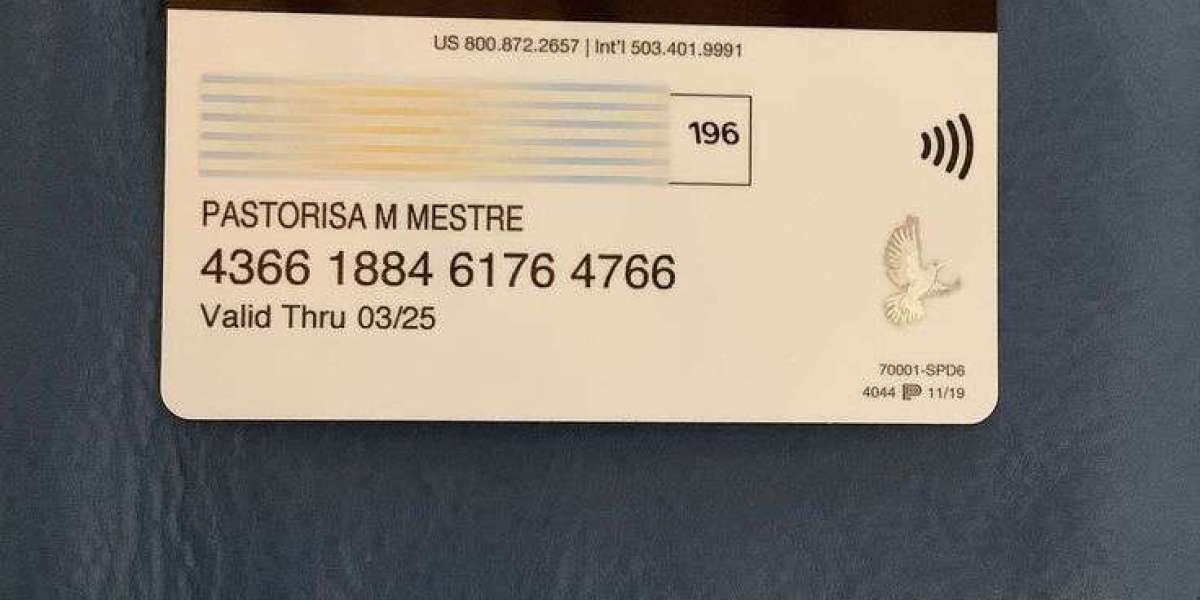Pottery Barn Comenity Card Unwanted Calls — How to Stop the Harassment
Receiving persistent calls about your Pottery Barn Comenity Card can be invasive and stressful. If you’re getting constant, unwanted calls demanding payment or threatening action, it may cross the line into illegal harassment. Knowing your rights and how to assert them is critical when dealing with debt collection overstore credit accounts like Pottery Barn’s.
? If you’re experiencing Pottery Barn Comenity Card unwanted calls, this guide will help you understand what protections you have, how to respond, and when to get legal help.
Understanding Pottery Barn Comenity Card Calls
The Pottery Barn Comenity Card is a retail charge/credit card issued through Comenity Bank (or its affiliates). When an account becomes delinquent, the creditor or a third-party collection agency may begin efforts to collect the debt. In many cases, these collection attempts include frequent phone calls.
While creditors are allowed to pursue repayment, they must do so within legal boundaries. Unwanted calls become problematic—or even unlawful—when they include:
Repeated calls, especially many in one day
Calling outside permitted hours (very early mornings or late nights)
Threats of lawsuits, wage garnishments, or legal consequences without proper basis
Failing to provide written proof of the debt when asked
Misrepresenting the amount owed, interest, or fees
Sharing your debt information with others (family, friends, employer)
Ignoring a written demand to stop contact
If you see any of those patterns, the collector may be violating your rights.
Your Rights Under the Fair Debt Collection Practices Act (FDCPA)
The Fair Debt Collection Practices Act (FDCPA) is a federal law that protects consumers from abusive practices by debt collectors. For third-party collectors handling Pottery Barn Comenity Card accounts, the FDCPA provides these key protections:
No harassment or abusive tactics: Collectors cannot repeatedly call to harass, use profanity, threats, or aggressive behavior.
Call time restrictions: Calls may only be made between 8 a.m. and 9 p.m. local time unless you give permission otherwise.
Right to validation notice: Within five days of first contact, the collector must send a written notice detailing the amount owed, creditor identity, and instructions on how to dispute.
Right to dispute: You have 30 days from receiving the notice to challenge all or part of the debt in writing. During verification, collection must pause.
Cease communication request: You can send a written “cease and desist” letter telling the collector to stop contacting you. Once received, further contact is limited to legal or court-related notices.
Truthful representation: Collectors must not misstate what you owe, falsely claim legal consequences, or misrepresent their identity (for example, posing as an attorney if they aren’t one).
No improper disclosure: They cannot disclose your debt to third parties (friends, relatives, employer) beyond limited permitted uses.
If the collector handling your Pottery Barn Comenity Card calls violates any of these rules, you may have a claim for damages, legal fees, and other relief.
What Steps Should You Take Right Now
If you’re being tormented by unwanted calls about your Pottery Barn Comenity Card, here’s how to respond:
1. Keep Detailed Records
Log every conversation: date, time, number, name of caller, and what was said. Save voicemails, texts, emails, or letters as proof.
2. Don’t Admit or Promise Anything Over the Phone
Avoid acknowledging the debt or promising payments until the account is validated in writing.
3. Request Written Validation
Send a written request demanding proof that the debt is yours—account statements, original creditor, balance breakdown. The collector must provide it before proceeding with further collection.
4. Dispute If You Believe It’s Incorrect
If the debt is inaccurate (wrong amount, identity errors, already paid), send a written dispute within 30 days. The collector must pause collection until verification is complete.
5. Send a Cease and Desist (Stop Calls) Letter
If calls continue, send a written letter instructing them to stop contacting you. After they receive it, any further contact is limited by law to legal notices only.
6. File Complaints With Regulators
You may file complaints with your state attorney general, the Consumer Financial Protection Bureau (CFPB), or the Federal Trade Commission (FTC) regarding harassment or FDCPA violations.
7. Consult a Consumer Rights Attorney
If calls persist or the collector threatens legal action, an experienced attorney can help you file suit, assert your rights, and seek damages and relief.
How Consumer Rights Law Firm PLLC Can Help
If harassment over your Pottery Barn Comenity Card has become unbearable, Consumer Rights Law Firm PLLC can step in on your behalf. Their services include:
Free case evaluation
No upfront fees — you pay only if they win
Skilled legal representation in FDCPA and state consumer protection law
Prompt intervention that often leads to immediate relief
Pursuit of compensation for emotional distress, statutory damages, and attorney’s fees
With their help, many collection agencies back off as soon as they realize you have legal representation.
Why You Should Act Sooner Rather Than Later
Every unwanted call and threat takes a toll on your emotional well-being and can lead to damage to credit or further abuse. Delaying action risks the harassment escalating or losing your chance to bring legal claims (due to statutes of limitation). Acting quickly helps preserve evidence and gives you the best chance at relief.
Even if part of the debt is valid, you are never required to endure abuse or illegal treatment.
Conclusion
If you’re dealing with Pottery Barn Comenity Card unwanted calls, know that the law stands with you. Abusive collection practices are not allowed, and the FDCPA gives you important protections. You don’t have to be intimidated.
Contact Consumer Rights Law Firm PLLC today for a free consultation. Their experienced team can help you stop the calls, defend your rights, and pursue compensation. Don’t let debt collectors control your life—take action now.



